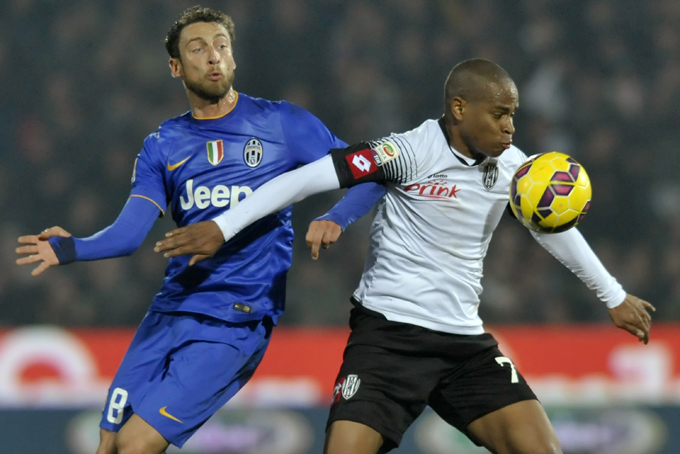
ROME (AP) — Former Italy coach Arrigo Sacchi was severely criticized Tuesday for saying that “there are too many colored players” in the youth sides of Italian clubs, and that is affecting “national pride and identity.”
Sacchi said that he is “certainly not racist and my past as a coach shows that.”
But referring to an international youth tournament in Viareggio, he said: “I’ve got to say there are too many colored players, even in the youth squads.”
He made his comments at an awards ceremony in Montecatini Terme on Monday night.

“I only wanted to underline that we’re losing our national pride and identity,” Sacchi said when asked by sports daily La Gazzetta dello Sport to clarify his statements.
Sacchi led Italy to the 1994 World Cup final. He now writes a regular column for Gazzetta and appears on TV as a commentator.
Government cabinet undersecretary and sports delegate Graziano Delrio called Sacchi’s comments “a serious mistake.”
“The Italy of 30 years ago is not the Italy of today, where there are young players who are Italian citizens to full effect, considering that they are born and bred in Italy even if they have parents of foreign origin,” Delrio said. “These are the young generations that attend our schools, fields of play and soccer pitches.”
Eliminated after the first round from the last two World Cups, Italy has been under pressure to develop better young players, while the country’s clubs struggle with falling attendance, fan violence and racism.